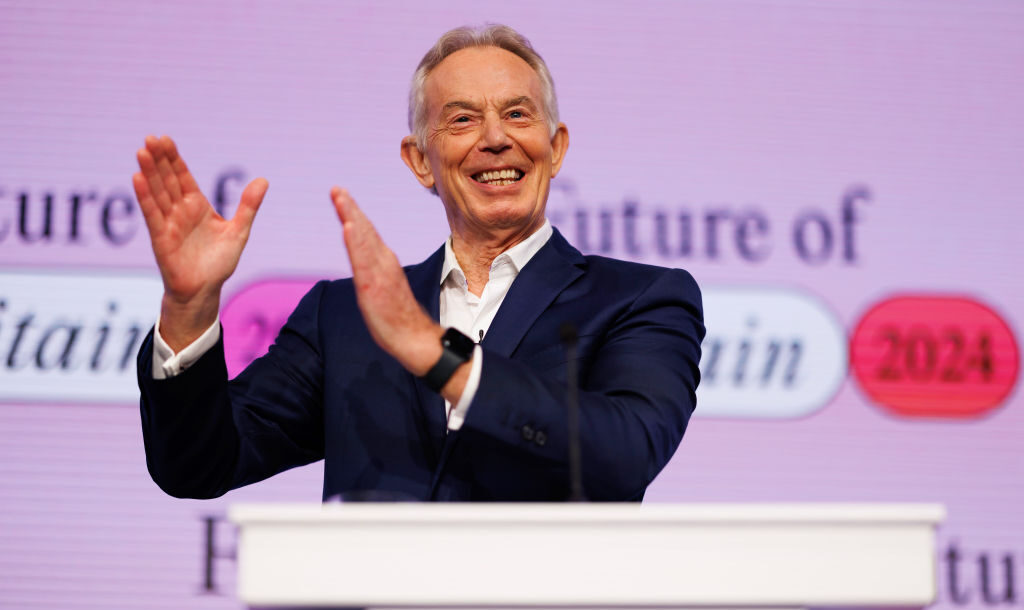On the surface, there is something strangely conservative about Tony Blair these days. The experience of power seems to have left him with a melancholic awareness of its reality. In an interview with the Observer over the weekend, for example, the former prime minister argued that the most dangerous period which any leader faced was the moment they began to feel they knew how to do the job. “Experience makes you believe that you know more than you actually do,” he told Andrew Rawnsley, inadvertently making the old Burkean case for restraint and tentative evolution over the kind of bold reforms those from the “radical centre” usually demand.
Blair goes further than this. In his telling, it is only once a leader understands how little they know that they are able to govern effectively. Indeed, Blair observed, the tragedy of power is that by the time leaders have acquired the maturity of self-awareness, they have usually lost power because of their own hubris. And so the cycle continues. Blair believes he narrowly escaped this trap himself, acquiring the wisdom to govern only in his last few years of office, by which time the tragedy of Iraq had cost him much of his authority. “Then I realised just how much more complicated everything was,” he added.
Blair now also believes that the Civil Service is essentially unreformable, a bureaucracy naturally inclined to remain bureaucratic, and should be accepted as such. “You have to understand that you can’t really stop that happening,” he told Rawnsley. “My experience is that there is no reform of the system that is going to deliver you big change.” Blair is also convinced of the need for authority in government, arguing — in essence — that people are naturally inclined to want to be led. It’s hard to think of two more naturally conservative propositions.
Perhaps the most striking of these reflections on power, however, is Blair’s admission that the idea of history moving in one pre-ordained direction towards its liberal democratic “end” was, in retrospect, misguided. And yet even though the former prime minister accepts there was a “certain naivety” to the end of history narrative, he cannot help but frame this naivety in progressive terms. “I would also say that the naivety was to do with an exaggerated sense of the power of reason,” he told Rawnsley. “We might have been naive about the power of reason to drive people in the direction of greater liberalism and democracy and openness, but I don’t think we were wrong about the consequences of moving in the opposite direction.”
On the surface, then, Blair might now sound as though he has developed a gnarled old conservative shell, but in reality he remains as much of a radical liberal as ever. Strip away everything else and he still believes that “reason” lights the way towards a more liberal, democratic and open future. The journey to this end might be “more complicated” than he first assumed — involving occasional detours into the jungles of human emotion — but we cannot escape the reality of logic.
Yet to the real conservative, this belief remains as naive as Francis Fukuyama’s original thesis. It fails to address the central “trilemma” of our time, as the Harvard economist Dani Rodrik once put it: that liberalism, democracy and global “openness” are not “rational” but are instead competing ideals which must be balanced against each other. The more open and global we become, as Rodkrik observed, the less powerful our national democracies are. To govern is to choose. No matter how rational we are, we cannot escape this bind.











Join the discussion
Join like minded readers that support our journalism by becoming a paid subscriber
To join the discussion in the comments, become a paid subscriber.
Join like minded readers that support our journalism, read unlimited articles and enjoy other subscriber-only benefits.
Subscribe